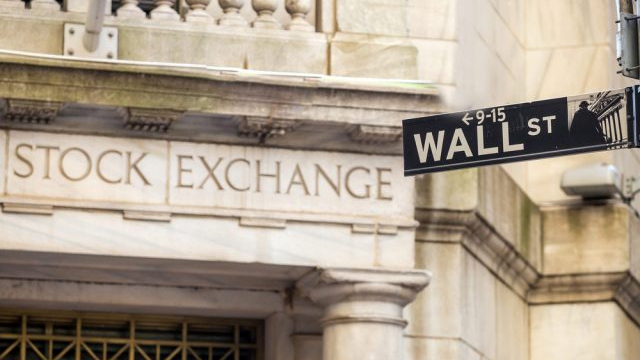Invesco S&P International Developed Momentum ETF: A Closer Look
The Details
The Invesco S&P International Developed Momentum ETF (IDMO) offers investors exposure to momentum with a relatively low expense ratio of 0.25%. This makes it a cost-effective option for those looking to add momentum to their investment portfolio. However, it is important to note that IDMO is more suitable for tactical rather than core holdings due to its high turnover rate. This high turnover can lead to increased trading expenses, which may hinder long-term performance compared to more stable ETFs.
What Sets IDMO Apart
IDMO’s portfolio is based on the S&P World Ex-U.S. Momentum Index, which is growth-tilted and rebalanced semi-annually. This means that the ETF may outperform in bull markets when momentum stocks are doing well. However, it also leads to higher volatility in downturns, as momentum stocks tend to be more sensitive to market changes. Investors should consider their risk tolerance and investment goals before adding IDMO to their portfolio.
Implications for Investors
For individual investors, adding IDMO to their portfolio could provide the potential for higher returns in bullish market conditions. However, the high turnover ratio and trading expenses may erode some of these gains over the long term. It is important for investors to weigh the potential benefits of momentum exposure against the risks before making a decision.
Impact on the Global Market
From a broader perspective, the rise of momentum ETFs like IDMO could lead to increased market volatility as investors flock to these types of funds in search of higher returns. This could exacerbate market swings, especially in periods of economic uncertainty. It will be interesting to see how the growing popularity of momentum investing shapes the global market in the years to come.
In Conclusion
While the Invesco S&P International Developed Momentum ETF offers investors the potential for higher returns through momentum exposure, it is not without its risks. The ETF’s high turnover ratio and trading expenses may impact long-term performance, making it more suitable for tactical rather than core holdings. Investors should carefully consider their investment objectives and risk tolerance before adding IDMO to their portfolio. Additionally, the rise of momentum ETFs like IDMO could have implications for the global market as a whole, potentially increasing volatility and market swings. It will be important to monitor these trends and adjust investment strategies accordingly.





